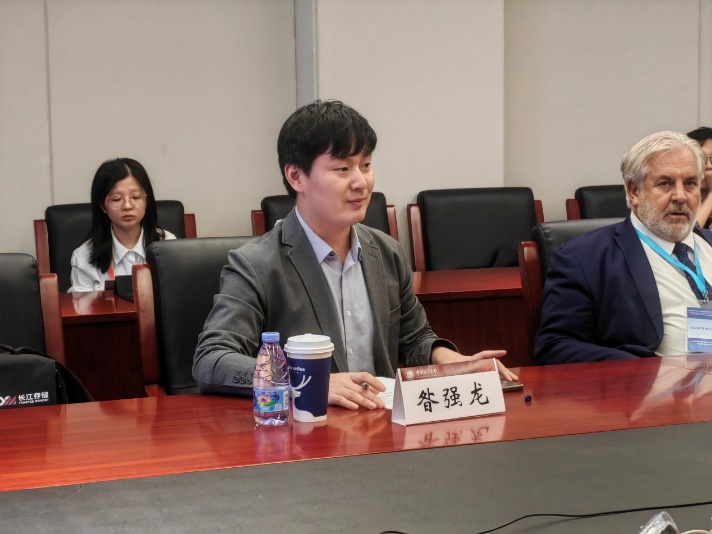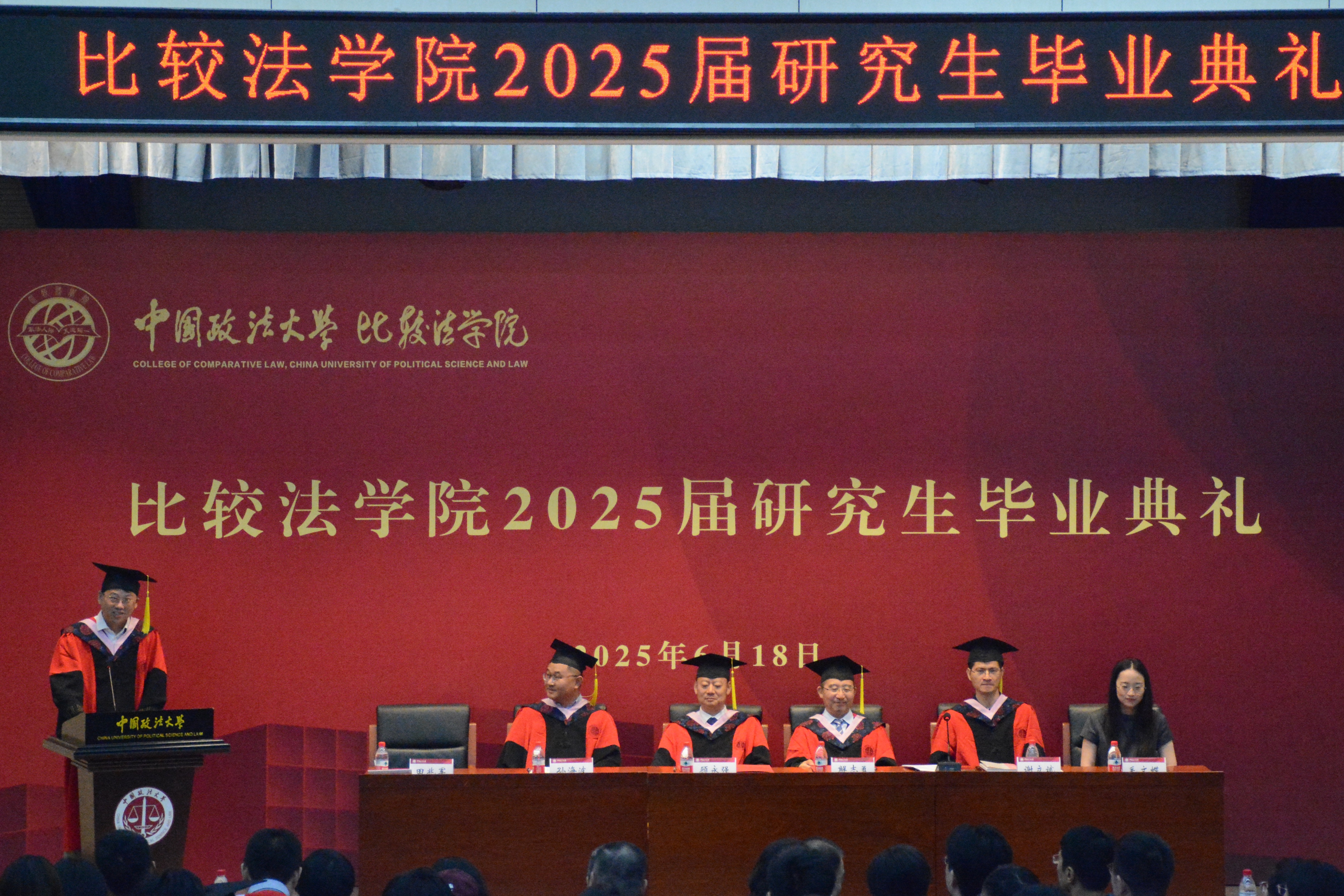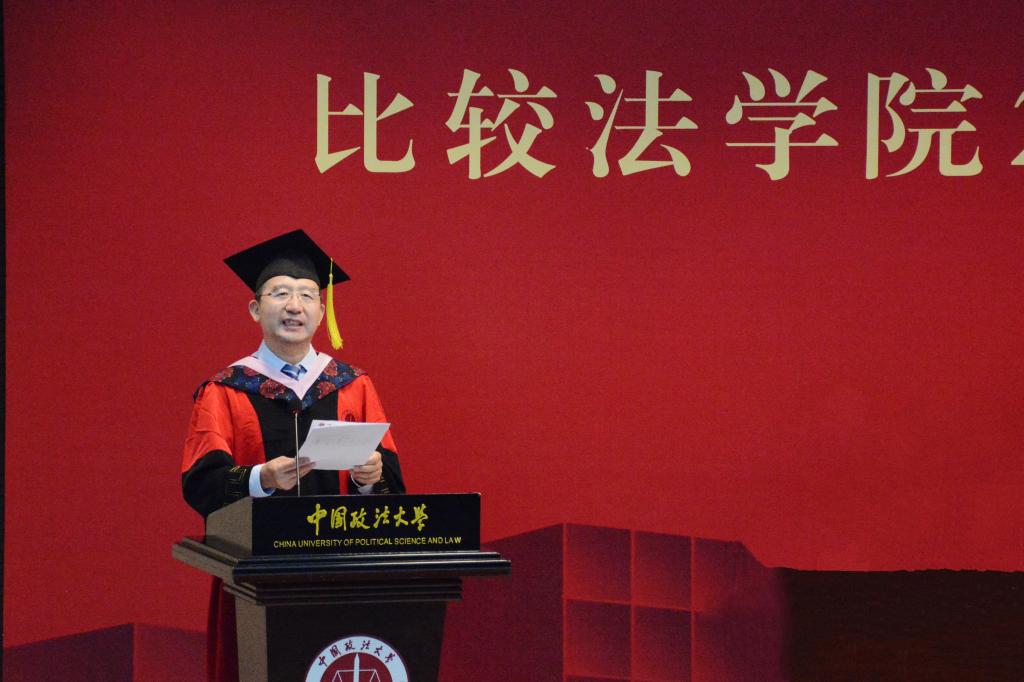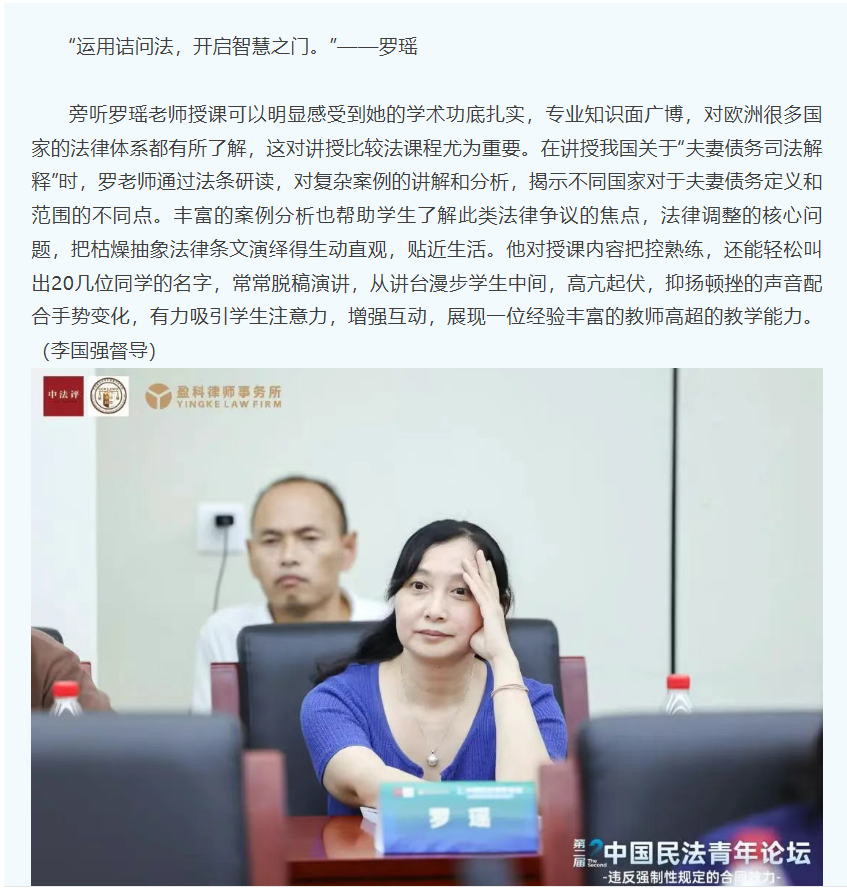The College hosted Roberta Marini, Associate Professor at the Faculty of Law, University of Rome Tor Vergata & Director of the Centre for Latin American Legal Studies, for a lecture on the Concept of Contract in the Italian Civil Code: A Historical and Doctrinal Analysis both on Haidian campus and online on the afternoon of 22 September.
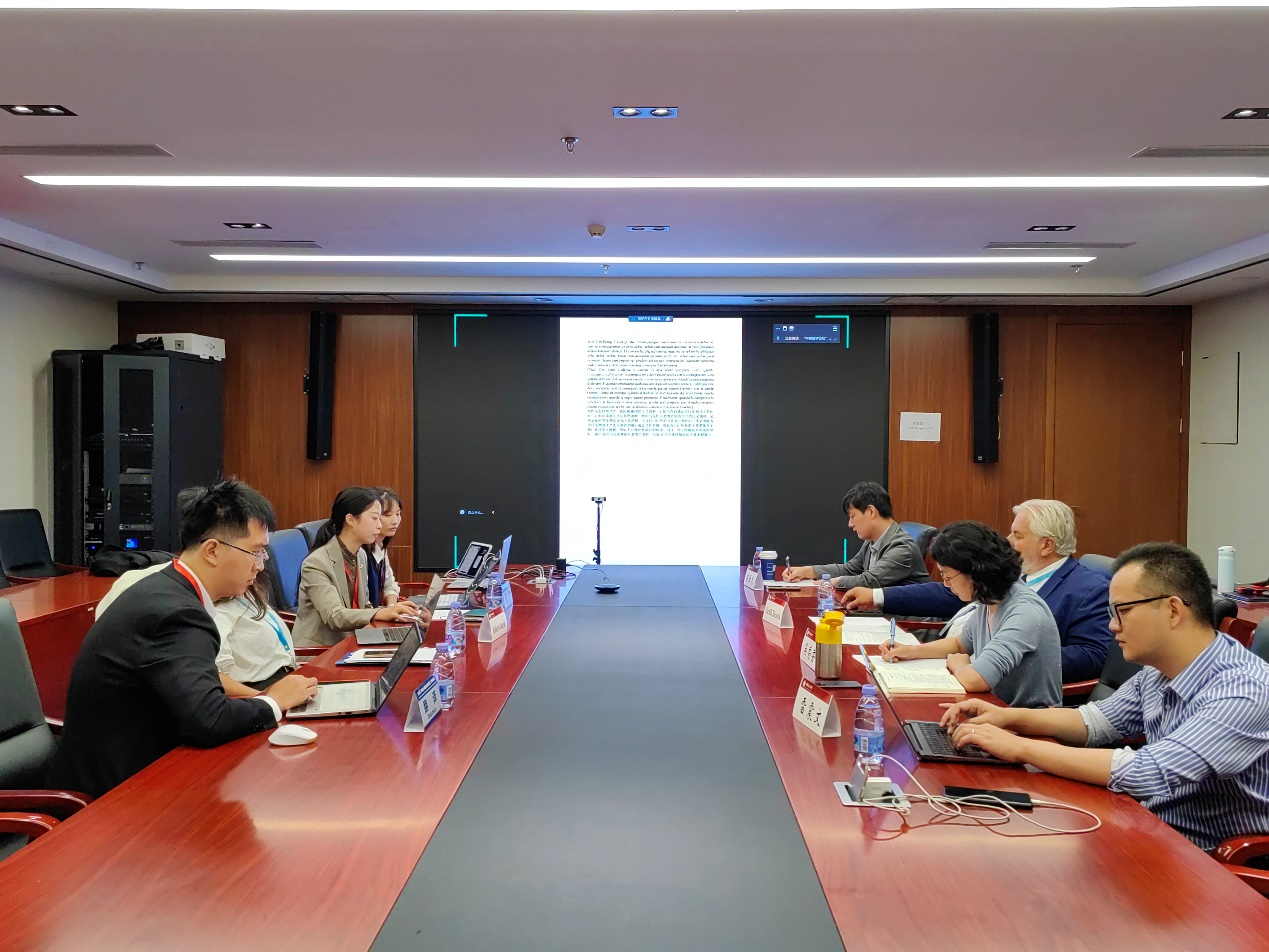
The lecture was moderated by A/Prof. Zan Qianglong from the Law School of Zhongnan University of Economics and Law. The panel of commentators included Prof. Riccardo Cardilli from the University of Rome Tor Vergata, Prof. Wu Xiangxiang from CUPL’s School of Civil, Commercial and Economic Law, and Dr. Lei Zhenwen from the Beihang University School of Law.

Prof. Marini began by analysing Article 1321 of the Italian Civil Code, which defines the concept of contract and has been widely adopted in modern civil codes around the world. However, she argued that this definition also warrants critical scrutiny from a historical perspective. Starting with Roman law, she traced the evolution of the contract concept, beginning with Gaius’ categorisation of four types of contracts: real contracts, verbal contracts, written contracts and consensual contracts. She then examined how later jurists, particularly Labeo, developed the idea of contracts as grounded in consensus. Marini pointed out that modern definitions of contract have been shaped by historical reinterpretations of Roman legal texts, notably through the influence of the Pandectist School and jurists such as Savigny.
Marini stressed that examining the evolution of contractual models is not about ranking them, but rather about gaining a fresh lens through which to observe, reflect on, and learn from the legal system. She argued that law should be seen as a dynamic system—codification marks not the conclusion but the beginning of a continuous process of legal development. This ongoing process requires constant reflection and critique, for which Roman law offers a particularly rich and insightful vantage point.
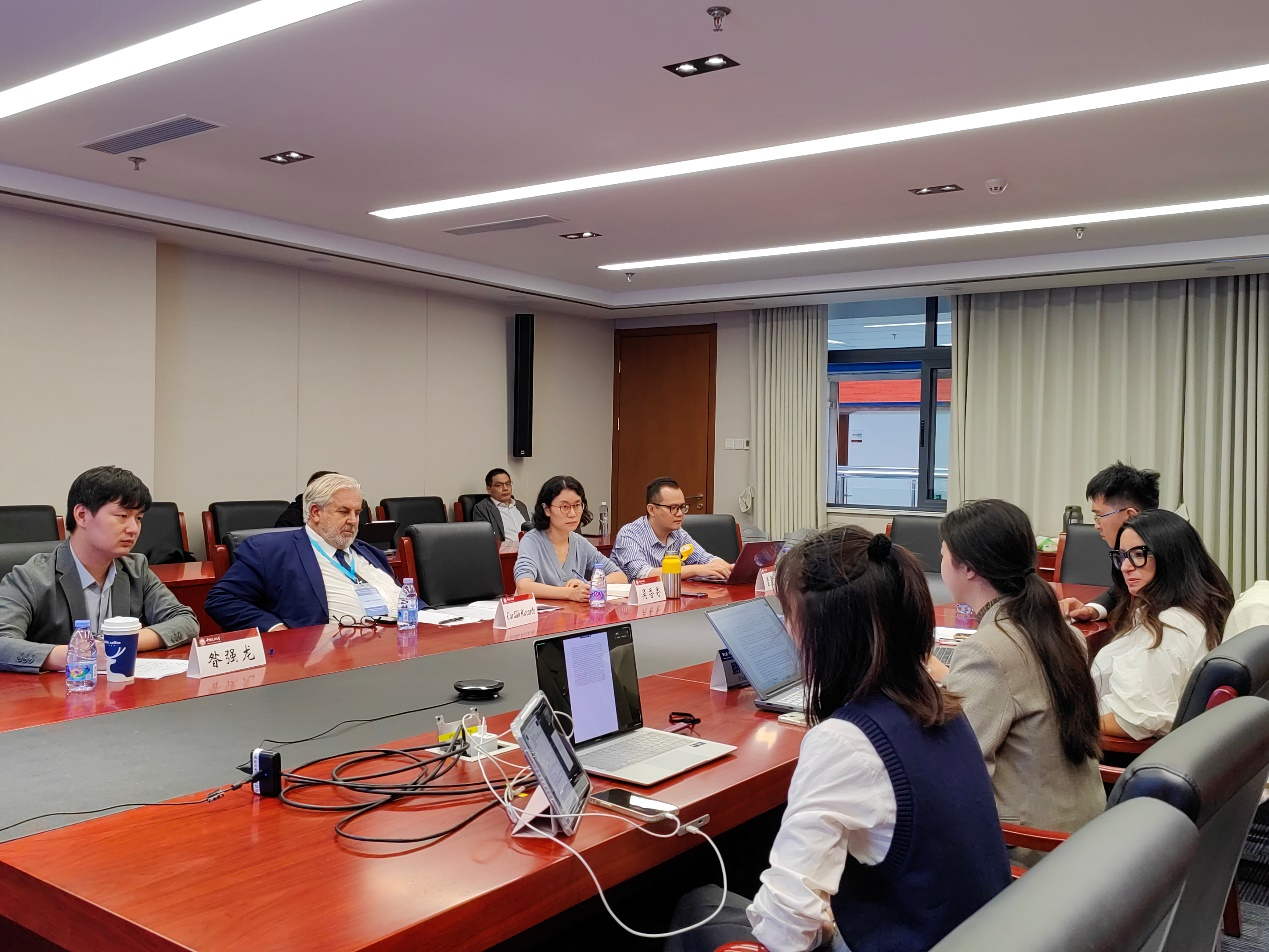
During the discussion session, Cardilli raised questions regarding the origins of contract typology in Roman law, the distinction between contracts and contractual obligations, and the broader significance of Roman law for contemporary jurisprudence. Wu explored issues relating to the relationship between contract definitions and formal requirements, the distinction between property transactions and property agreements, and the influence of Savigny’s doctrine on contract theory. Lei examined the interplay between contract definitions and genuine consent in modern law, and provided a comparative linguistic analysis of the terms ‘contract’ and ‘agreement’ across different legal traditions. Cardilli further elaborated on the historical context behind the use of the term ‘contract’ in Roman law.
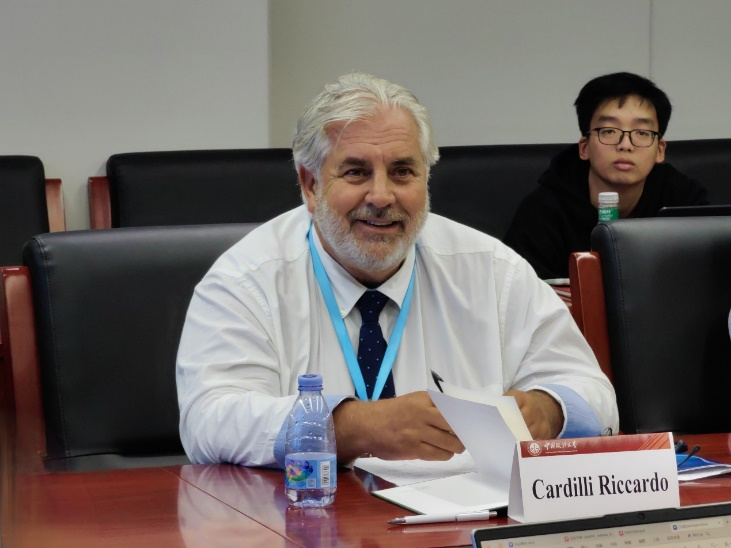
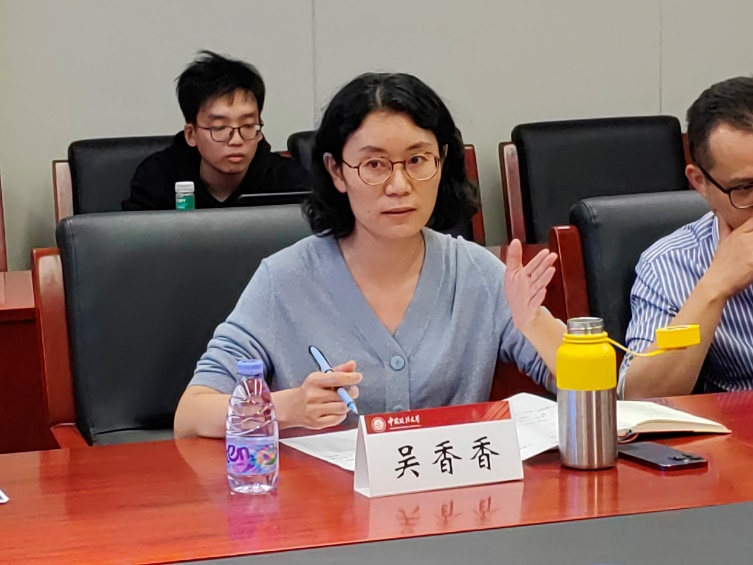
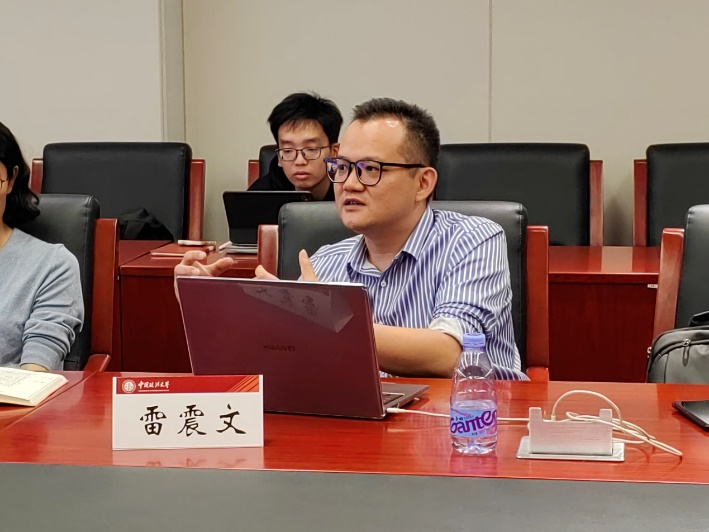
In his closing remarks, Zan expressed his sincere thanks to Prof. Marini, the commentators and all participants. The lecture concluded in a warm and collegial atmosphere, marking another successful session in the ‘Sino-Italian Legal Forum’ lecture series.
